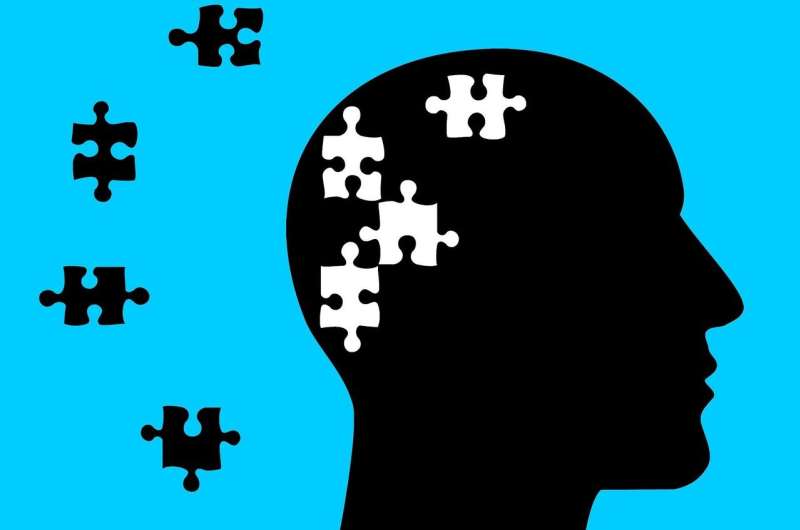For people with severe mental illness, cardiovascular disease risk may be underestimated

Current risk prediction algorithms for cardiovascular disease may be underestimating the disease risk for people with mental illness by as much as 60 percent, according to a study published September 18, 2019 in the open-access journal PLOS ONE by Ruth Cunningham from the University of Otago Wellington, New Zealand, and colleagues.
Severe mental illness (usually defined as schizophrenia, bipolar disorder, and major depression) is associated with a higher incidence of cardiovascular disease, often believed to be due to other risk factors such as smoking. While some established risk prediction algorithms use prescriptions of antipsychotic medication as a risk factor, most do not. The authors of the present study investigated whether such algorithms may be underestimating mental illness as an independent risk factor for cardiovascular disease.
The authors applied a cardiovascular disease risk prediction algorithm to a cohort of 430,241 New Zealand patients aged 30 to 74 years who underwent a routine cardiovascular disease risk assessment between 2004-2016. They calculated the predicted risks for patients with and without a history of recent contact with mental health services and compared them with the observed rates of cardiovascular disease. The demographics for the two groups differed slightly: the 28,734 patients with recent contact with mental health services were more likely to be Maori, younger and living in more deprived areas, and also had higher smoking rates—though other established risk factors were the same across the groups.
The risk prediction algorithm was relatively accurate at predicting cardiovascular disease in the group that had not recently accessed mental health care. However, for the group that had accessed mental health services, the algorithm prediction consistently underestimated the observed rate of cardiovascular disease: up to 30 percent for male patients and up to 60 percent for female patients.
As mental health diagnoses were not known, the authors defined all patients with recent contact with mental health services as having severe mental illness, while in fact some patients would have had a mental illness of short duration or less severe mental illness and may therefore have a lower cardiovascular disease risk.
However, this work demonstrates that existing cardiovascular disease risk prediction algorithms may not take mental illness sufficiently into account and indicates a need for further research into the reasons behind the greater disease risk for people with severe mental illness.
Cunningham adds: "The tools doctors are using to predict the risk of heart disease just don't work as well for people with experience of mental illness, and doctors need to be aware of this."
More information: Cunningham R, Poppe K, Peterson D, Every-Palmer S, Soosay I, Jackson R (2019) Prediction of cardiovascular disease risk among people with severe mental illness: A cohort study. PLoS ONE 14(9): e0221521. doi.org/10.1371/journal.pone.0221521
















